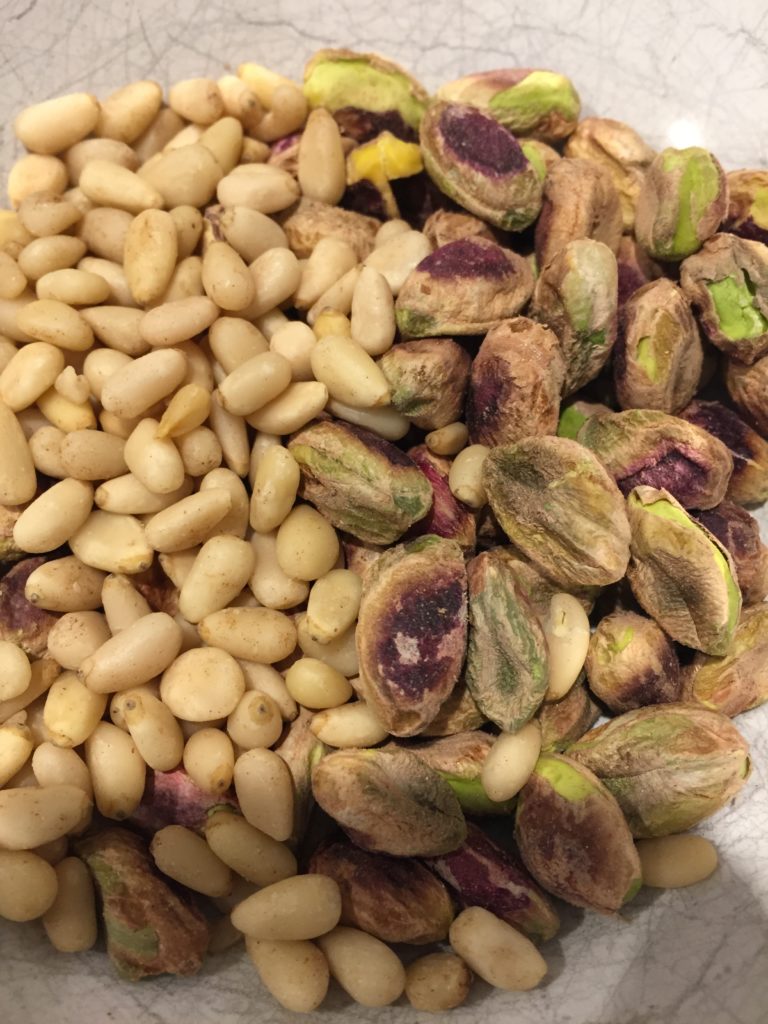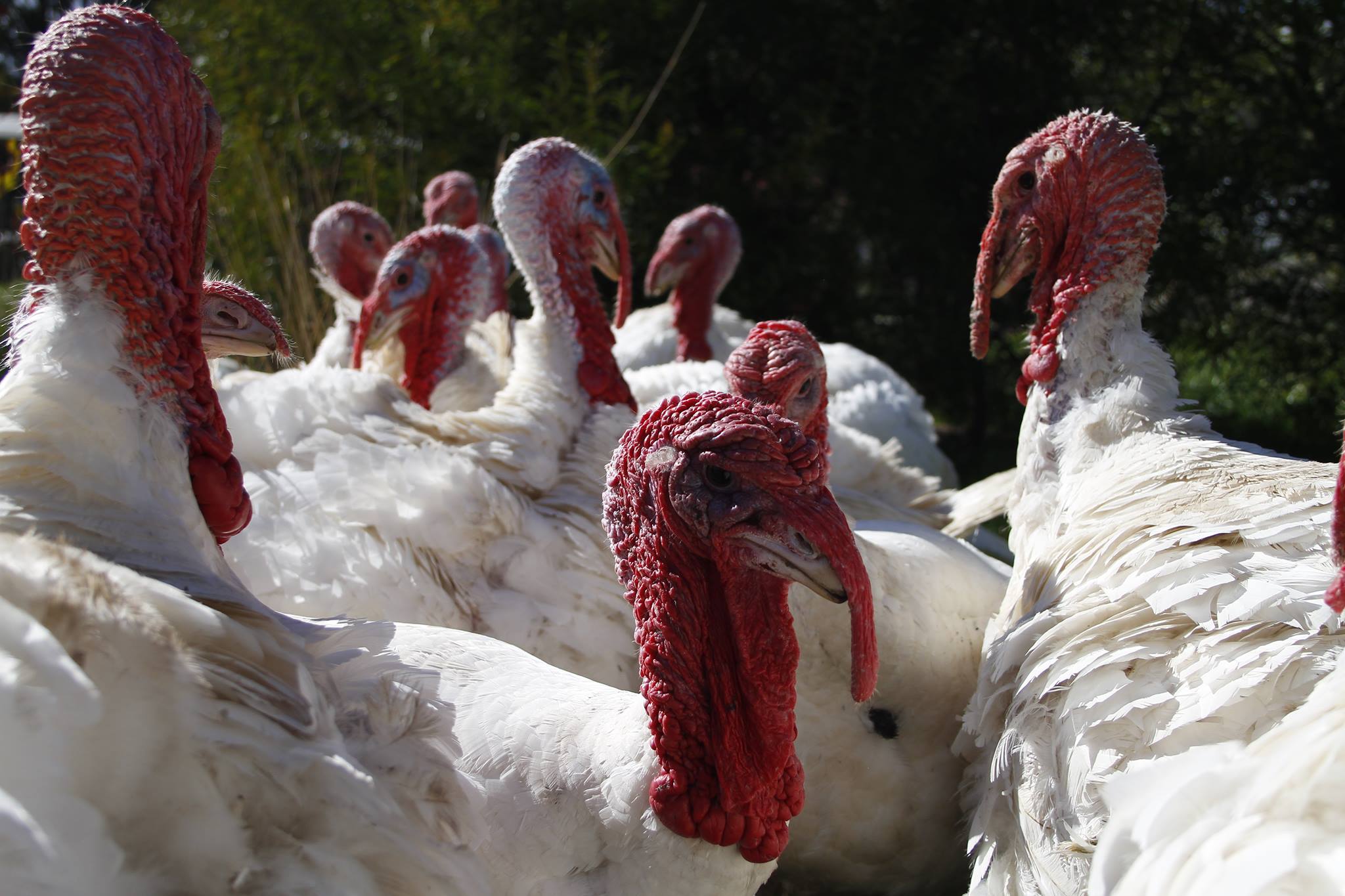
I recommend nuts and seeds to the majority of my vegan clients. Nuts and seeds are energy dense foods rich in bioactive macronutrients, micronutrients and phytochemicals. Some vegan health professionals advise restricting dietary fat, including fat found in whole plant foods such as nuts, seeds, olive oil, coconut and avocados. Many vegans restrict or completely avoid these foods for this reason. Is the avoidance of healthful fats really necessary for the average vegan? It is true that there is good evidence for the use of very low-fat plant-based diets for people with severe coronary artery disease however there is little evidence to suggest that such diets should serve as the gold standard for vegans. Some of the most long-lived, healthy people in the world consume diets that often exceed 35% fat (such as the Mediterranean). The Mediterranean and many Asian diets are traditional plant-based dietary patterns that include nuts and are reputed for their beneficial effects on health.
Nuts and seeds are an excellent source of healthful fats, including essential omega 3 fatty acids which are known to improve blood flow, enhance immune function and reduce inflammation. They are rich in minerals such as calcium, copper, iron, magnesium, manganese, potassium, selenium and zinc, and are important sources of vitamins, especially vitamin E and folate. They are good sources of plant protein. Nuts and seeds are rich in phytochemicals and antioxidants which favorably alter inflammation, oxidized LDL and endothelial function. Nuts and seeds have a low carbohydrate content and thus have the lowest glycemic index of any whole plant foods.
The research on nuts and seeds and human health is overwhelmingly favorable. Their consumption is associated with a reduction in heart disease, stroke, hypertension, type 2 diabetes, metabolic syndrome, overweight, macular degeneration, dementia and gallstones. Consumption of nuts has been positively associated with longevity. Maximum benefits are associated with intakes of about 30-40g per day. Because nuts are high in healthy fats they are high in calories so try not to graze on nuts if you are concerned about your weight. A 2013 report in the New England Journal of Medicine showed that daily nut eaters were less likely to diet of cancer, heart disease and respiratory disease.
Eat a variety of nuts and seeds, as each variety has a unique nutrient profile. Include omega-3 rich varieties such as chia, linseeds, hempseeds and walnuts. Brazil nuts are an excellent source of selenium, a mineral which functions as an antioxidant and has been shown to reduce the risk of prostate cancer.
Tips to include more nuts and seeds in your diet:
- Snack on nuts and/or seeds
- Add nuts and seeds to salads and stir frys
- Add nuts and seeds to smoothies
- Add ground nuts such as flaxseed meal or LSA to your porridge or smoothie
- Use nut butters such as peanut butter, almond butter (preferably no sugar and salt)
By Linda Smillie APD

